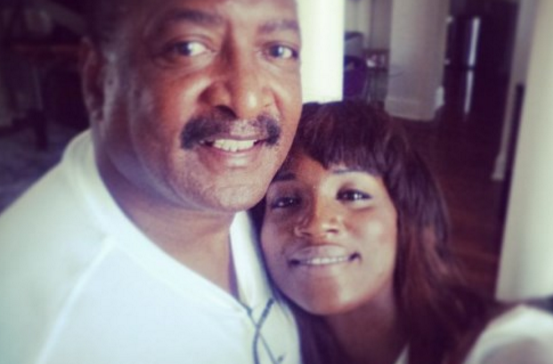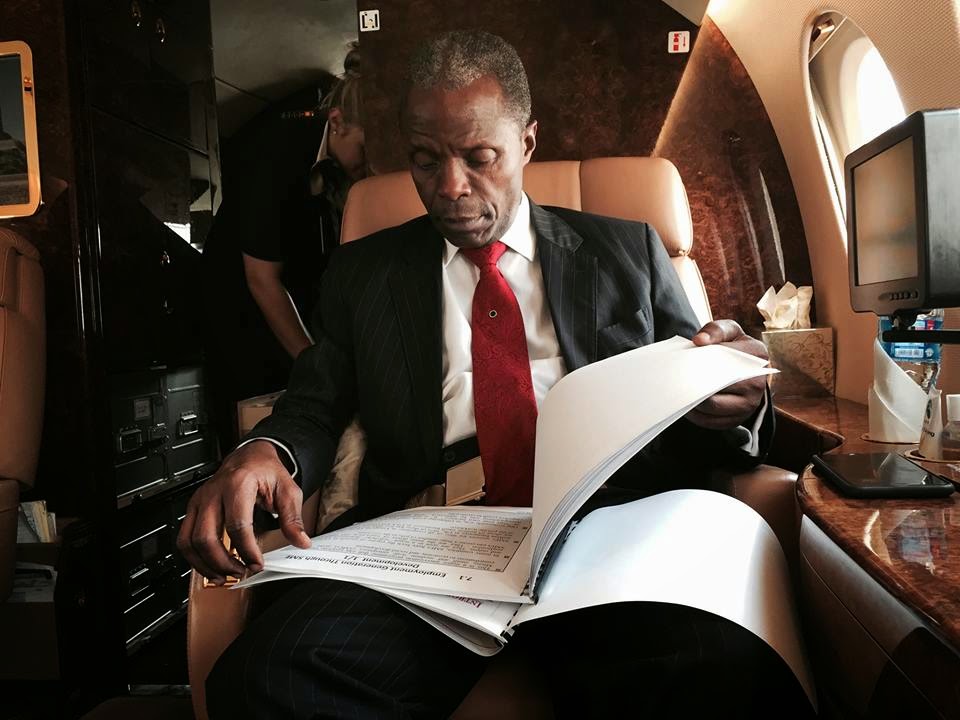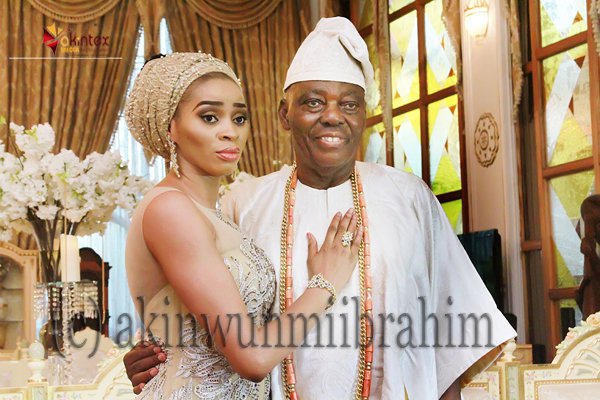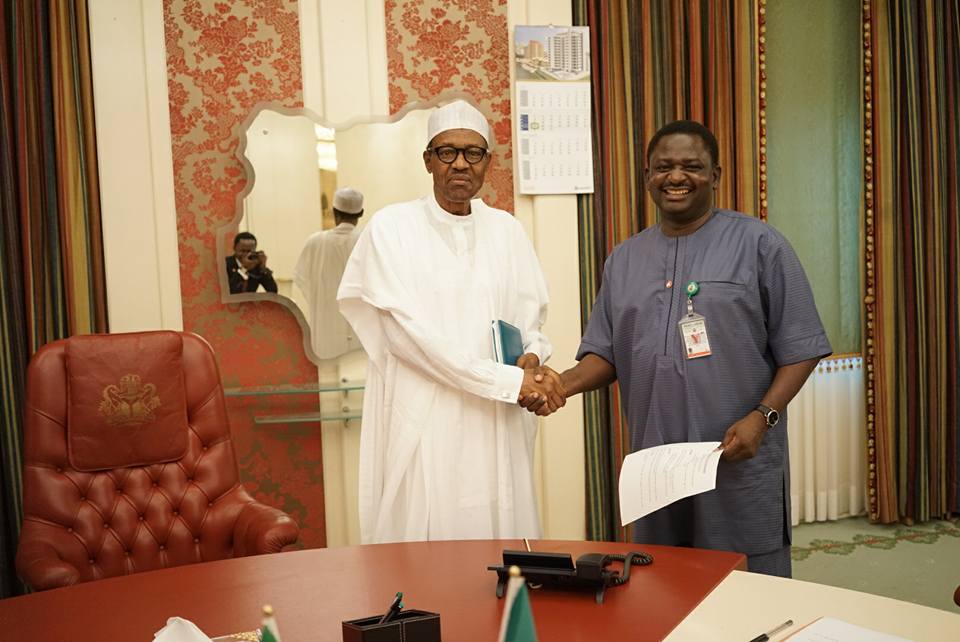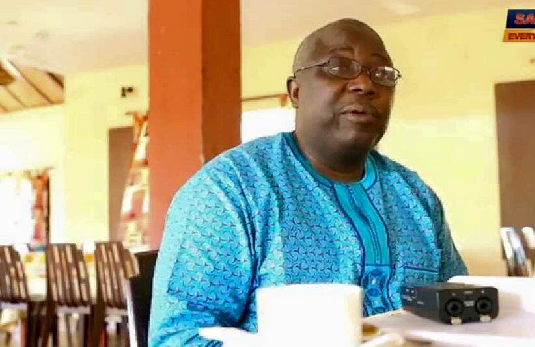The unusual thing about the U.S. is that everything is unusual. If there was still a doubt, the election of Donald J. Trump, who takes office on Friday as the 45th president of the United States of America, settles the matter.
Everything about Trump is dangerously unusual. He slayed his party, appealed to the worst instincts of voters, defied the media and mocked U.S. allies. Yet, he won with a victory that has made him stronger and bolder. Everyone else, including party and country, is weaker, confused and divided.
In Trump versus the rest of the world, Trump is the enigma, the indescribable one. The rest are demystified and stranded.
As the new Trump world order begins, exceptionalism – once a special American thing – takes on a completely different meaning. I struggled with that word when I first heard it from my lecturer, Ayo Akinbobola, many, many years ago in school.
Advertisement
Exceptionalism. How do I explain it? It’s that special thing for which most people love America; that you can become whatever you want to be, whoever you are, regardless of where you come from; that through hard work, persistence and innovation you can attain grace from grass; that America is the only place on earth that confronts its diversity with courage, not minding its own worst demons; that America is that land of the genius and the demagogue, each one doing his own thing, but with a system that also tries to look out for the weak and the vulnerable while, some would add, paradoxically creating its own weak and vulnerable.
I learnt in school that this was what made America special. Akinbobola and a host of my U.S-trained teachers, from Frank Ugboajah to Olatunji Dare, from Luke Uka Uche to Ralph Akinfeleye, all left me in no doubt what a great place America was.
In a way, my teachers confirmed what I had watched in the Cowboy movies in my growing-up years and also read later in many books.
Advertisement
Even after school, my first American friends were the quintessence of the generosity of spirit that I had always heard about. Melvin and Paula Baker, who were introduced to my family and me during a holiday in Florida over ten years ago, have always treated us like family, putting themselves and all they have at our disposal whenever we’re visiting.
Melvin and Paula are whites but colour or creed has never been an issue – not when we’re visiting or when they’re visiting and, occasionally, sweating over a meal of peppersoup, even with the mildest of spices.
America is exceptional not because it is perfect but because in spite of its flaws people like Melvin and Paula made it exceptional.
Then 9/11 happened. Fear took hold and exceptionalism faced what was perhaps its greatest test since Vietnam. The political elite and the military leaders started a catastrophic war in Iraq by dressing up fear and suspicion as established facts.
Advertisement
That changed everything. Al-Queda, the Taliban, ISIL and other terror franchises around the world were born by the mother of all wars from which America and the world have not recovered.
I felt the change around this time seven years ago, when I visited the U.S. before Christmas. A young Nigerian man, Umar Farouk Abdulmutallab, had planted a bomb in his pants to bring down a commercial plane over Detroit. Coming at America’s vulnerable moment, the backlash from Abdumutallab was extreme.
At the time of my visit, in January 2010, many U.S. airports and border posts had opened a black book for Nigerian travellers. The intrusive body searches at these airports and the cold, hostile stare at non-whites left me in no doubt at all that something was changing about America.
But Barack Obama’s election was supposed to halt the tide; it was supposed to send a message that America had not completely forsaken exceptionalism; that if it was possible for a black guy with a funny Muslim-sounding name to become president in America, you could be what you want to be – no matter who you are – if you work hard at it.
Advertisement
That’s Obama’s story, what he describes as “the audacity of hope”. How else could someone born of a Kenyan father and raised by an Indonesian stepfather become a senator and then 44th president of the U.S?
Yet, some say that it is precisely this exceptional quality that is the trouble with America. They say it is exceptionalism that produced an Obama who is not black enough to meet black expectations; not white enough to be accepted by whites; and not brown enough to attract the sympathy of those in between.
Advertisement
Evangelicals call him the anti-Christ for supporting stem cell research and loathe him for his latter-day conversation to gay rights. Millions of Nigerians will also not forgive him for never once visiting the world’s most populous black country in the eight years of his presidency, preferring instead to cast a stone from Ghana, the country’s backyard.
It’s a deep bucket but who can deny that America’s exceptionalism has produced a miracle that Martin Luther King could only dream of?
Advertisement
Eight years ago today, America was on its knees broken by a catastrophic terror war and greedy Wall Street.
Globalization was also taking its toll and would end up being a major factor in U.S. politics. To think that this was the moment when the country elected its first black president – a moment when the lines of failure seemed to have fallen in the most unpleasant places – is hard to imagine now.
Advertisement
But it happened and Obama made the most of his lemons. In a number of ways, he’s leaving America better than he met it, with jobs growing, the country cured of its addiction to oil, its economy in better shape, and its youth unleashed and innovating.
Obama is leaving without the scars of scandals that marred many of his predecessors. The dignity of his office is intact.
Only exceptionalism could have provided that chance. Only exceptionalism could produce an Obama and eight years later produce a Trump – the one neo-liberal and the other neo-anything-is-possible.
In the days ahead, no one is exactly sure what to expect – not pollsters, not pundits, not even members of Trump’s cabinet. But we’ll see, one tweet at a time, just what is left of what has made America exceptional.
Ishiekwene is the MD/Editor-In-Chief of The Interview and member of the of the Board of the Paris-based Global Editors Network
Add a comment


